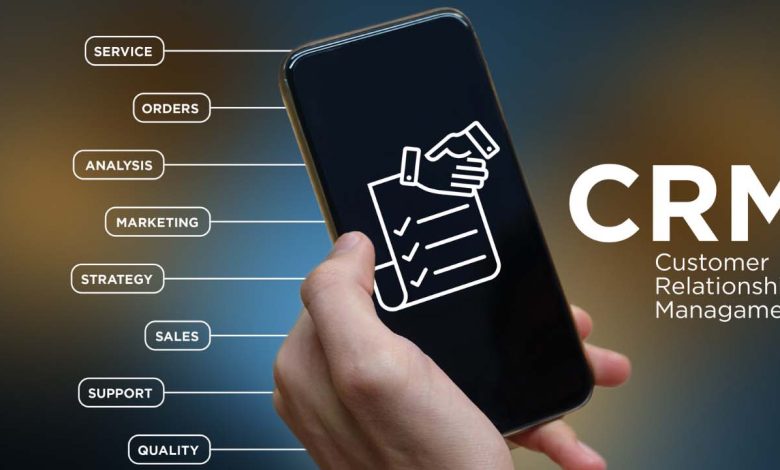Phone numbers and customer relationship management

The reliability of VoIP is a common topic of debate when it comes to choosing a phone system for a business. A lot goes into picking a VoIP service provider, so here are some things to keep in mind.
Only a few businesses are able to function effectively without a phone. For both sales and customer service, companies need a way to communicate with their current and potential customers. VoIP service providers provide a more cost-effective, modern, and flexible alternative to traditional landlines; nonetheless, the issue of reliability is still a cause of worry for many.
The virtual phone system, on the other hand, enables businesses to make reliable, high-quality calls to their customers. When online tools first began to take off, the infrastructure supporting new technological advancements was underdeveloped, and this led to a widespread perception that internet calls were unreliable.
- If customers are aware of the factors that affect the trustworthiness of IP phone calls, they may assuage these fears. It’s true that customers (and their phone service providers) may take basic precautions to guarantee that everything runs properly.
- While conventional landlines have their drawbacks, VoIP’s benefits far outweigh the drawbacks when they do occur.
- Only recently has the concept of “moving services” begun to take root. It is now possible to work from any place in the globe with a laptop and an internet connection. This means that a business can service consumers on another continent or that it can serve them throughout the clock.
CRM (Customer Relationship Management) systems may be integrated with virtual phone numbers to remain in contact with customers no matter where they are. In addition to free IP phone service, several companies provide free CRM software connected to their virtual switchboard.
You may be able to save money using VoIP calls
Entrepreneurs and firms are becoming more cautious about their spending since they don’t want to damage their connections with their customers by making cuts or decreasing costs. The call setup is still frustrating, so how am I expected to have frequent conversations with my customers?
Rather of relying on conventional operators’ traditional minutes, voice-over-IP, or VoIP, is a means of making calls that depends on data. Using this method, customers may contact traditional phone lines and get crystal-clear audio without even realizing they are making a digital call.
As a result, customers’ smartphones will display a regular phone number instead of a personalized one. There are huge savings to be had by switching to VoIP instead of conventional phone calls, especially for firms that make international calls or need a key infrastructure to record conversations or generate leads, such as these.
Because these lines are multichannel, many customers may call at once and be attended to by the same customer service agent. Calls will simply be redirected to an accessible phone number, or the cloud-based PBX will just leave a prepared message if everyone is unavailable. As a result, we won’t miss any of the incoming phone calls.
You have a switchboard if you have a device, and the reverse is true as well
How to operate a telephone exchange In the past, having a push-button phone and a steady job were required. Aside from the ability to place a call on hold or transfer it to another terminal, the device lacked many additional capabilities (also fixed). If you have a smartphone or a computer connected to the Internet, you have everything you need to communicate.

